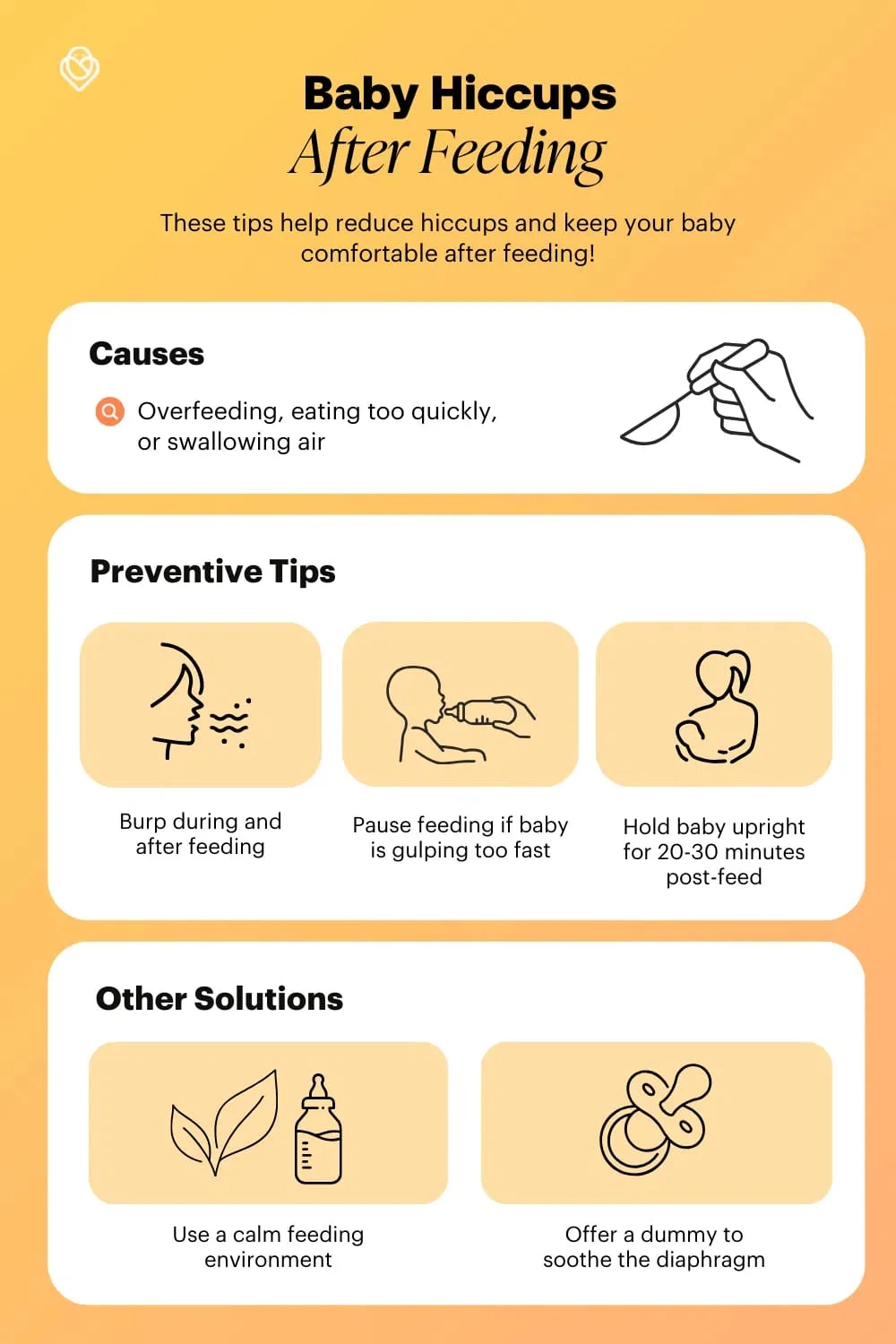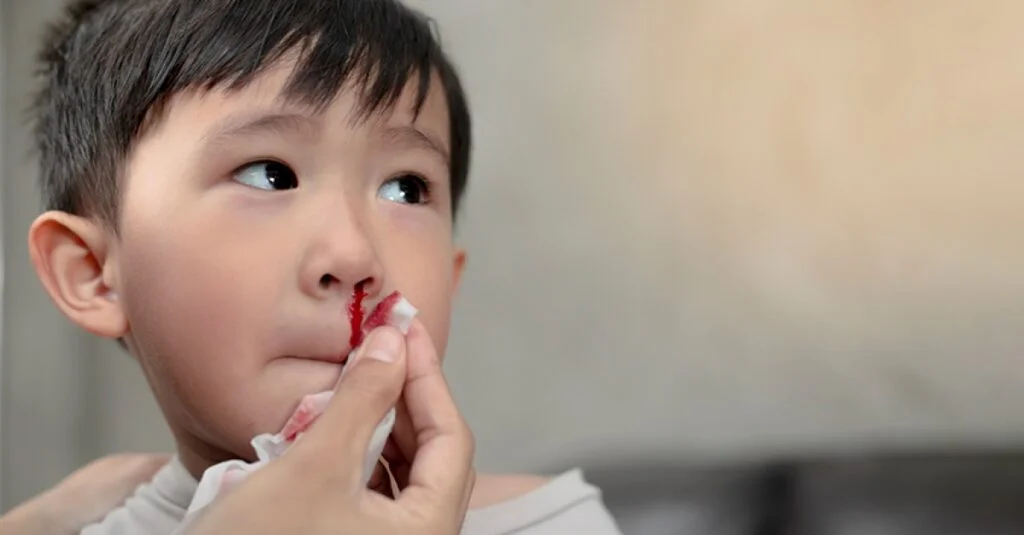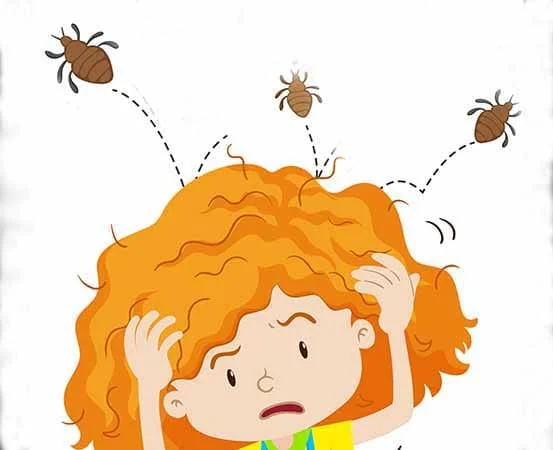
Introduction
Hiccups in babies are a common occurrence and can be concerning for new parents. They usually happen due to the immaturity of the baby’s diaphragm, the muscle responsible for breathing. Hiccups are harmless in most cases and often resolve on their own. However, understanding the causes, prevention methods, and Ayurvedic remedies can help in effectively managing them.
In this blog, we will cover:
- What causes baby hiccups?
- Are baby hiccups normal?
- How to prevent hiccups in babies?
- Best Ayurvedic remedies for baby hiccups
- Foods to include and avoid
- Frequently Asked Questions
What Causes Baby Hiccups After Eating?
Baby hiccups occur due to involuntary contractions of the diaphragm. These contractions can be triggered by:
- Overfeeding: Consuming too much milk (breast or formula) can cause the stomach to expand, irritating the diaphragm.
- Swallowing Air: Babies tend to swallow air while feeding, especially if they feed too quickly.
- Immature Digestive System: A baby’s digestive system is still developing, making them more prone to hiccups.
- Gastroesophageal Reflux (GERD): If stomach contents flow back into the esophagus, it can trigger hiccups.
- Temperature Changes: Sudden shifts in temperature may cause diaphragm spasms.
- Excitement or Overstimulation: If a baby is overly excited or active after feeding, it can lead to hiccups.
Are Baby Hiccups Normal?
Yes! Baby hiccups are entirely normal and usually not a cause for concern. Babies even hiccup in the womb! Most infants experience hiccups frequently during their first few months as their body adjusts to feeding and digestion.
However, if hiccups are persistent and accompanied by discomfort, vomiting, or difficulty breathing, it’s advisable to consult a pediatrician.
How to Prevent Hiccups in Babies?
Prevention is key to reducing the frequency of hiccups. Here are some practical tips:
- Feed Your Baby in an Upright Position: Keeping your baby at a 45-degree angle during feeding can help prevent swallowing air.
- Burp Your Baby Often: Burp after every feeding and between bottle-feedings to release trapped air.
- Avoid overfeeding: Feed smaller amounts more frequently to prevent excessive stomach expansion.
- Use a Slow-Flow Nipple: If bottle-feeding, opt for slow-flow nipples to control milk flow and minimize air intake.
- Keep Your Baby Calm During and After Feeding: Avoid engaging in playful activities immediately after feeding.
- Check for Allergies: Some babies might be sensitive to dairy or formula, leading to digestive discomfort and hiccups.
Best Ayurvedic Remedies for Baby Hiccups
Ayurveda offers gentle and effective remedies for baby hiccups. Here are some natural ways to help relieve them:
- Gripe Water: Traditionally used in Ayurveda, gripe water containing fennel and dill helps soothe the baby’s stomach and reduce hiccups. BUY NOW
- Ajwain (Carom Seeds) Water: A mild infusion of carom seeds can ease digestive discomfort. BUY NOW
- Elaichi (Cardamom) Water: Cardamom aids digestion and relaxes the diaphragm. BUY NOW
- Warm Mustard Oil Massage: Gently massaging the baby’s tummy with warm mustard oil can reduce bloating and hiccups. BUY NOW
- Hing (Asafoetida) Paste: A small amount of asafoetida paste applied around the navel can help relieve hiccups caused by gas. BUY NOW
Foods to Include and Avoid for Hiccup Prevention
Best Foods for Hiccup Prevention
- Breast Milk: Easily digestible and rich in essential nutrients.
- Homemade Rice Water: A light and soothing option for infants.
- Cumin Water: Helps with digestion and prevents bloating.
- Banana Puree: Rich in potassium, which helps regulate muscle contractions.
Foods to Avoid
- Cold or Chilled Foods: Can cause diaphragm spasms.
- Dairy-Based Formulas (for lactose intolerant): These may lead to digestive issues.
- Gas-Inducing Foods (for Breastfeeding Mothers): Cabbage, beans, and carbonated drinks can pass gas-forming properties to the baby.
Frequently Asked Questions (FAQs)
1. How long do baby hiccups last?
Baby hiccups typically last for a few minutes to an hour. They usually go away on their own without any medical intervention.
2. Is it okay to let my baby sleep with hiccups?
Yes, it is completely safe. Hiccups do not disturb sleep, and most babies sleep through them.
3. Should I be concerned if my baby has frequent hiccups?
Frequent hiccups are normal, but if they are accompanied by vomiting, discomfort, or difficulty feeding, consult a pediatrician.
4. Can I give my baby water to stop hiccups?
For babies under six months, avoid giving water. Instead, try burping or repositioning them.
5. Do pacifiers help with hiccups?
Yes, sucking on a pacifier can help relax the diaphragm and stop hiccups.
6. Can I use gripe water daily?
Yes, but always check with your doctor and choose an Ayurvedic gripe water free from artificial additives.
7. Do hiccups mean my baby is full?
Not necessarily. Hiccups are more often linked to air swallowing or digestion rather than fullness.
8. Can feeding too quickly cause hiccups?
Yes, fast feeding can cause the baby to swallow excess air, leading to hiccups.
9. What is the best feeding position to prevent hiccups?
Keeping your baby in an upright position at a 45-degree angle while feeding helps prevent hiccups.
10. Do hiccups affect my baby’s growth?
No, hiccups do not impact a baby’s growth or development.
Affiliate Links: Ayurvedic Remedies for Baby Hiccups
To naturally support your baby’s digestion and reduce hiccups, check out these Ayurvedic remedies:
- Organic Gripe Water for Babies – Buy Now
- Hing Roll-On for Baby Digestion – Buy Now
- Slow-Flow Anti-Colic Baby Bottle – Buy Now
Final Thoughts
Hiccups in babies are common and usually not a cause for concern. By feeding in the right position, using Ayurvedic remedies, and ensuring proper digestion, you can effectively prevent and manage baby hiccups naturally. Always consult a pediatrician if you notice any unusual symptoms.
Stay calm, trust Ayurveda, and enjoy your parenting journey!


